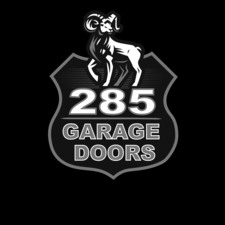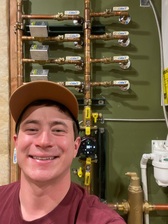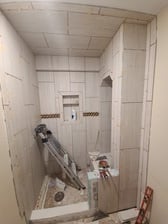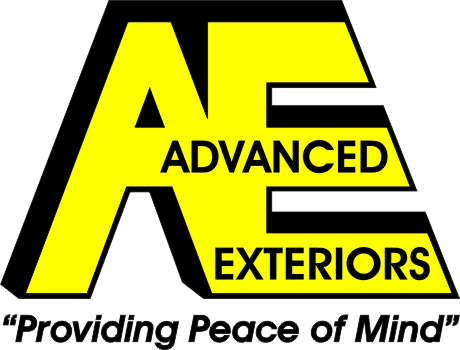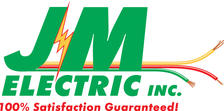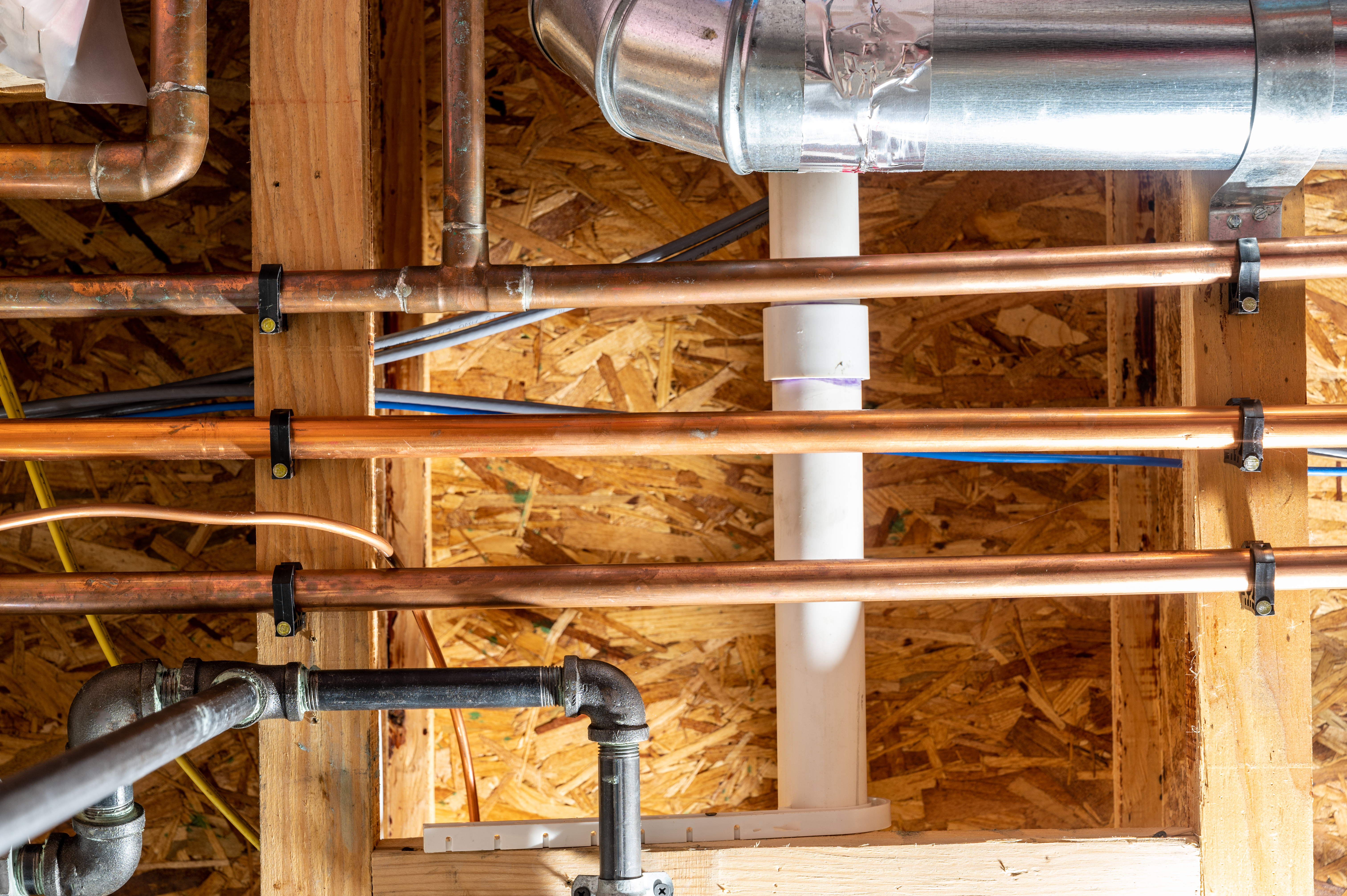
Get matched with top gas leak repair technicians in Limon, CO
Enter your zip and get matched with up to 5 pros
Need a pro for your gas leak repair project in Limon, CO?
TRUSTED BY LIMON, CO HOMEOWNERS
3.8
Average homeowner rating10
Verified gas leak repairs reviews
Verified Reviews for Gas Leak Repair pros in Limon, CO
*The Angi rating for Gas Leak Repair companies in Limon, CO is a rating based on verified reviews from our community of homeowners who have used these pros to meet their Gas Leak Repair needs.
*The HomeAdvisor rating for Gas Leak Repair companies in Limon, CO is a rating based on verified reviews from our community of homeowners who have used these pros to meet their Gas Leak Repair needs.
Last update on December 15, 2025
Find Gas leak repair technicians in Limon
Coppersmith Plumbing CO Inc
Coppersmith Plumbing CO Inc
Coppersmith Plumbing is a full service company that really cares about their customers. We have many years of experience and can do the job right the first time.
Coppersmith Plumbing is a full service company that really cares about their customers. We have many years of experience and can do the job right the first time.
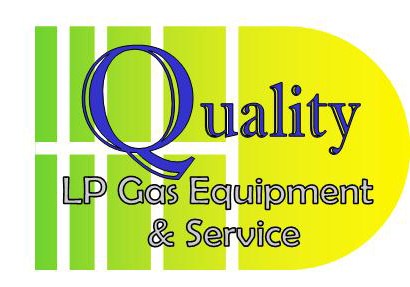
Quality LP Gas Equipment & Services Co.
Quality LP Gas Equipment & Services Co.
Quality LP Gas specializes in the installation and maintenance of propane backup systems and accessories for commercial and residential use. We are certified and licensed by the Texas Railroad Commission and we employee ASME certified welders. Our company runs turnkey operations from custom part fabrication to gas analyzation. You can count on Quality LP for all of your propane service needs.
Quality LP Gas specializes in the installation and maintenance of propane backup systems and accessories for commercial and residential use. We are certified and licensed by the Texas Railroad Commission and we employee ASME certified welders. Our company runs turnkey operations from custom part fabrication to gas analyzation. You can count on Quality LP for all of your propane service needs.
FAQs for gas leak repair projects in Limon, CO
Yes, most states require a plumber to be licensed, and for good reason. Hiring an unlicensed plumber could lead to poor quality work, costly future expenses, and potential code violations. Check our state licensing tool to review the local plumber guidelines.
As you browse our pro listings, take note of the “Angi Approved” badge. Angi Approved businesses meet our standards for certification, which include:
The owner, principal, or relevant manager passed a criminal background check
Required to have applicable state and local licenses
Maintain an average star rating of 3.0 or better on our network, if they have at least one review
Paying to advertise their services
Meeting any other eligibility criteria required by Angi
Keep in mind licensing is different from certifications. A license is a legal requirement to operate a business, while certifications are voluntary.
Fixing a gas leak costs about $45 to $150 per hour for a plumber or gas line specialist. The job’s overall cost will vary depending on the location of the leak. A leaky junction or connection behind the stove or dryer will likely cost about $120 to $170. But for a leak that requires a gas fitter or plumber to excavate a pipe in the yard, the cost could rise to $1,500 to $5,000. Keep in mind that gas leaks are very serious issues, so don’t hesitate to contact a plumber or gas line specialist immediately.
Fixing a gas leak can take anywhere from one to 24 hours, depending on the location and magnitude of the problem. A gas line specialist or gas plumber should be able to give you an estimated time to completion once they evaluate the situation. If your city’s utility company works to fix a gas leak, it will likely have information available about the anticipated time for gas service to be restored.
The cost of repairing a gas leak depends on the type of leak, its severity, and how difficult it is for the repair technician to reach it. Some of the most common gas line repair costs, on average, include:
Cap a gas line: $75–$150
Gas system inspection: $150
Pressure test: $75–$500
Damaged or corroded pipe: $6–$7 per linear foot
Repair gas leak: $120–$5,000
A local natural gas plumber, gas fitter, or gas line specialist should fix gas leaks. Installing gas lines and connections improperly can lead to dangerous gas leaks and explosions. Only a certified plumber or gas line specialist should run gas lines. This is not a job to try out DIY skills, so hire a professional gas plumber or gas line specialist immediately to find the cause of the leak and fix it quickly.
The Limon, CO homeowners’ guide to gas leak repairs
From average costs to expert advice, get all the answers you need to get your job done.

Find costs to repair a gas line and plan your budget based on the problem, from excavating for a new line to making a minor repair to an existing one.

Whether it's time for pipe replacement or to hook up the range of your dreams, gas line installation cost is an important line in your budget. Let's take a look.
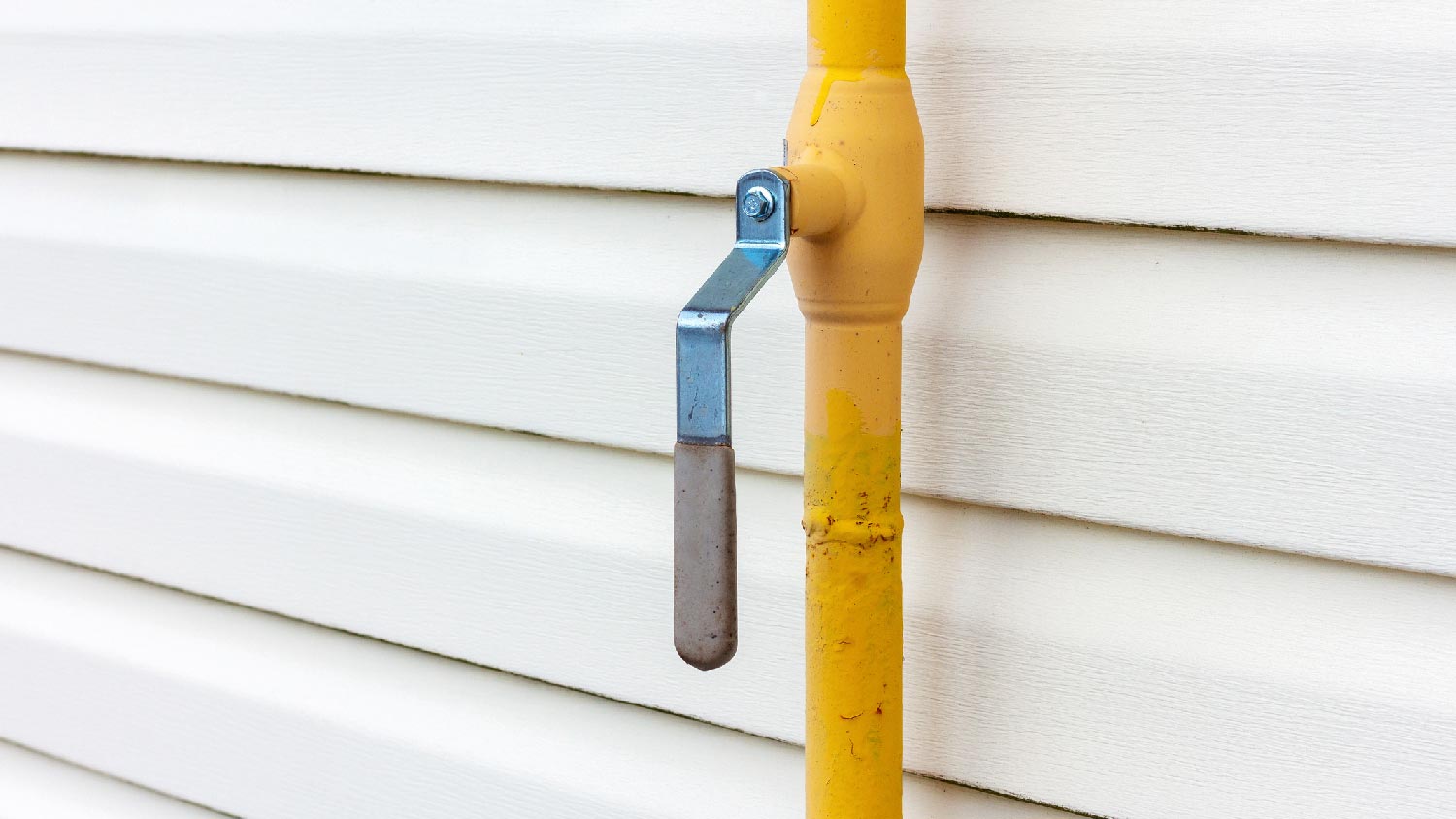
Curious how deep gas lines are buried? We’ve unearthed the answer and the dirt on how far down those lines might be lying in wait.
Is a homeowner liable if a contractor hits a gas line while digging? Not if you or your contractor have the gas line marked before digging.
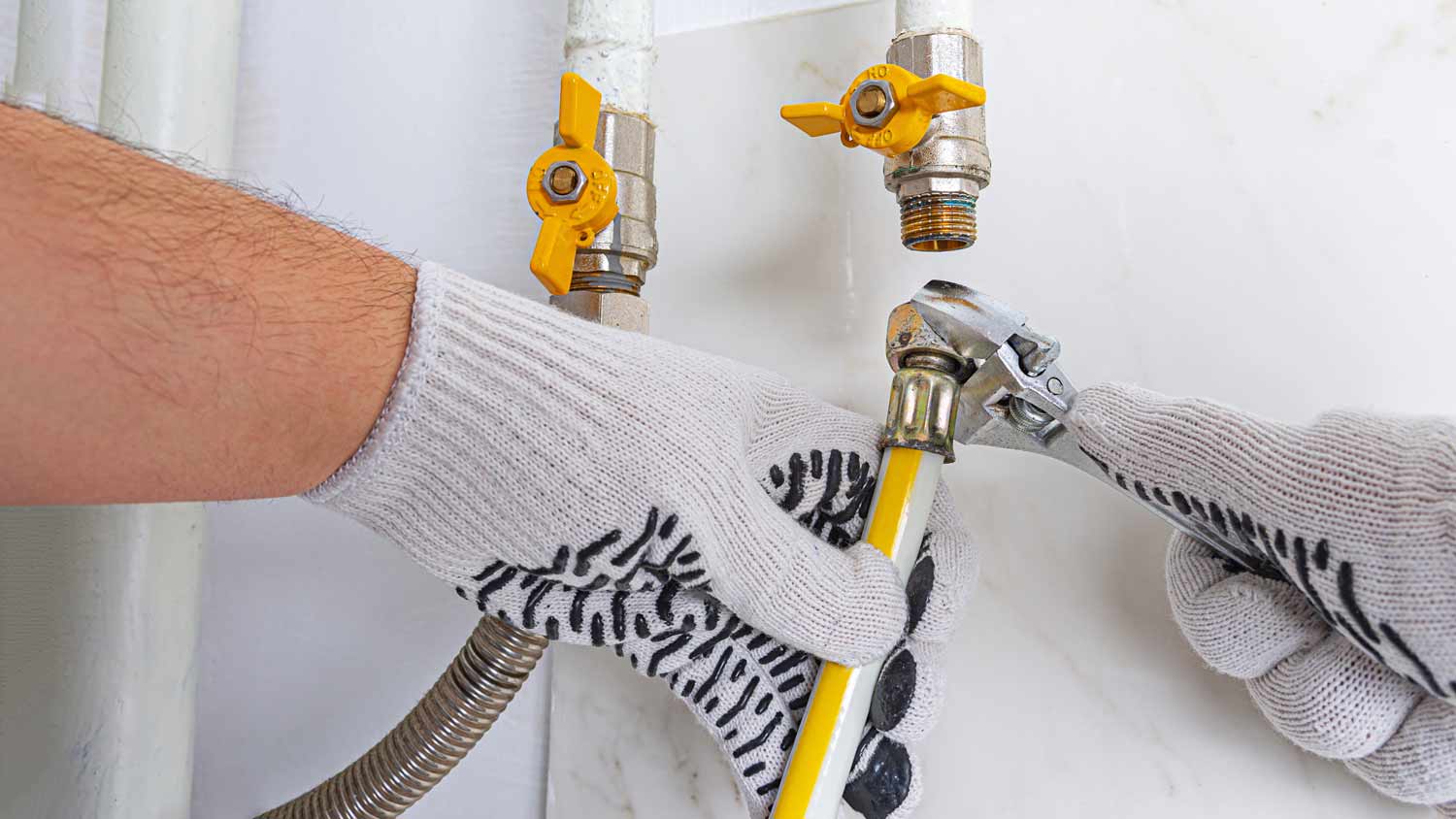
Gas fitters and plumbers are both qualified to work on natural gas lines, but what you call them depends on where you live.

Dangerous household gases can make you sick—and, in some cases, can be deadly. These are the five most common toxic household gases to be aware of.
- Simla, CO Gas leak repair technicians
- Deer Trail, CO Gas leak repair technicians
- Hugo, CO Gas leak repair technicians
- Flagler, CO Gas leak repair technicians
- Byers, CO Gas leak repair technicians
- Calhan, CO Gas leak repair technicians
- Kiowa, CO Gas leak repair technicians
- Yoder, CO Gas leak repair technicians
- Falcon, CO Gas leak repair technicians
- Strasburg, CO Gas leak repair technicians
- Elizabeth, CO Gas leak repair technicians
- Bennett, CO Gas leak repair technicians
- Black Forest, CO Gas leak repair technicians
- Parker, CO Gas leak repair technicians
- Stonegate, CO Gas leak repair technicians
- Stratton, CO Gas leak repair technicians
- Foxfield, CO Gas leak repair technicians
- Watkins, CO Gas leak repair technicians
- Gleneagle, CO Gas leak repair technicians
- Woodmoor, CO Gas leak repair technicians
- Monument, CO Gas leak repair technicians
- Castle Rock, CO Gas leak repair technicians
- Castle Pines, CO Gas leak repair technicians
- Colorado Springs, CO Gas leak repair technicians
- Larkspur, CO Gas leak repair technicians
- Aurora, CO Gas leak repair technicians
- Wiggins, CO Gas leak repair technicians
- Meridian, CO Gas leak repair technicians
- Palmer Lake, CO Gas leak repair technicians
